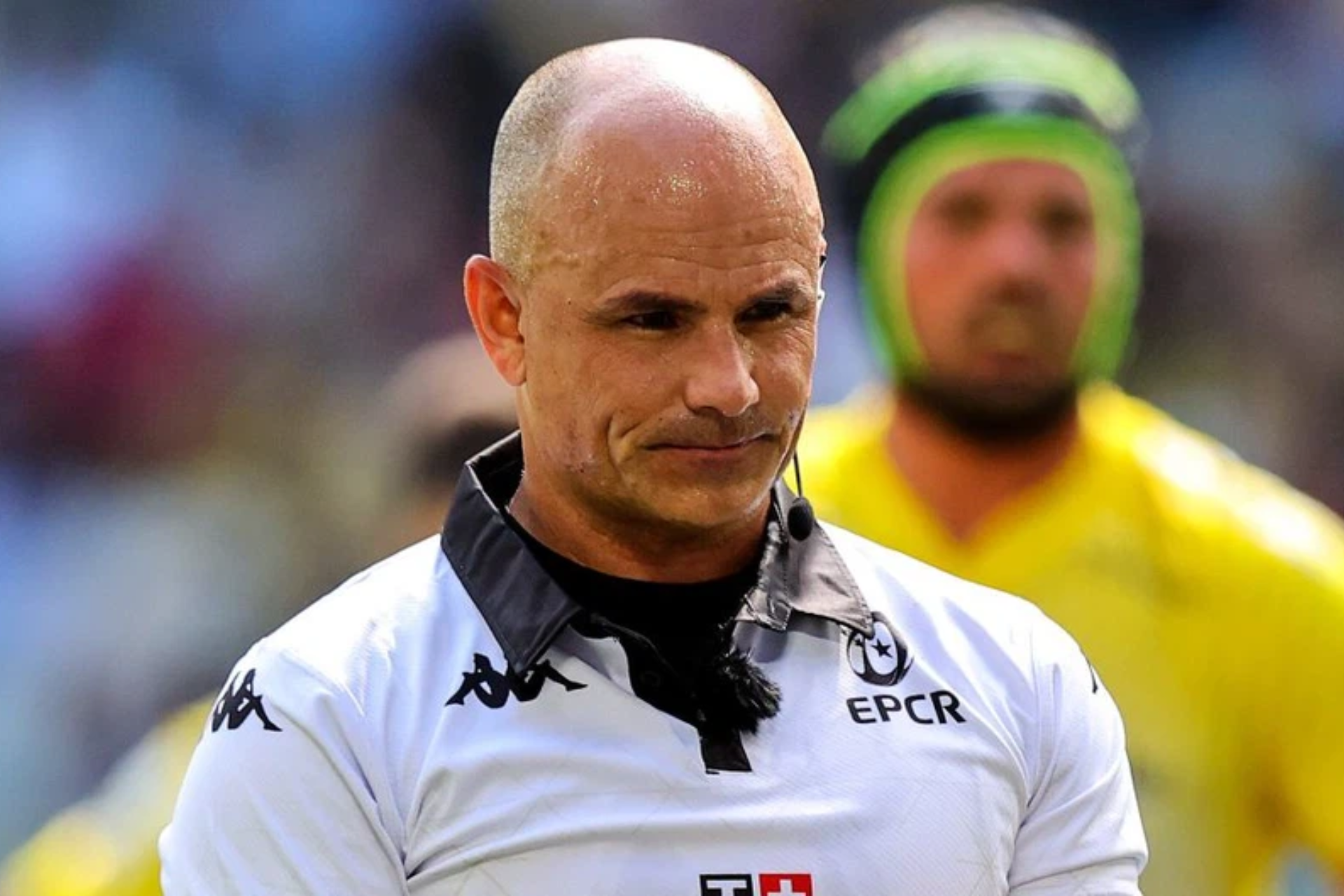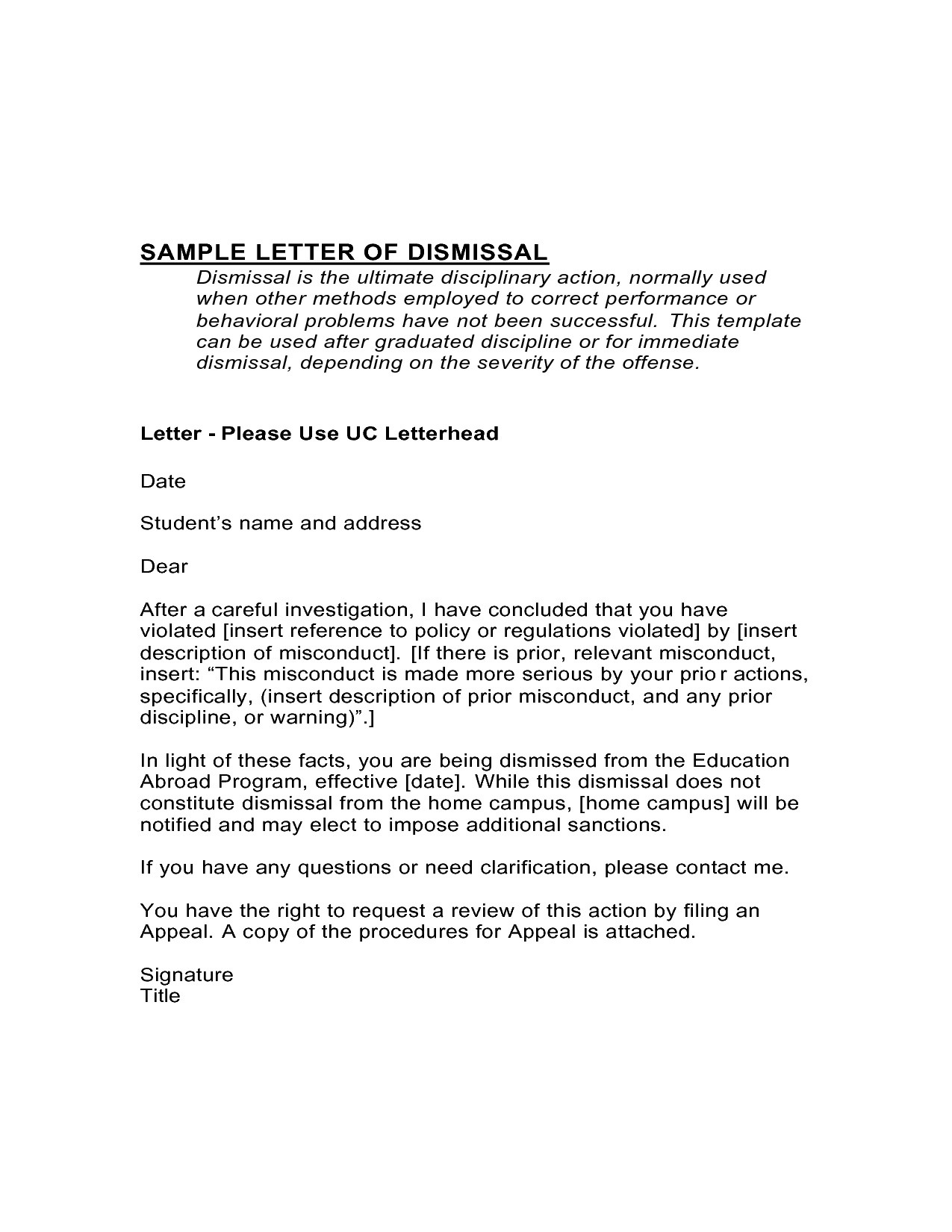Do You Understand Disciplinary Dismissal Of Public Officials? "Disciplinary Dismissal Of Public Officials” have great importance to understand.
Editor's Notes: "Disciplinary Dismissal Of Public Officials" have published on today date. We know this topic have a great importance, that's why we effort to making you easier. After doing some analysis, digging information, we made Disciplinary Dismissal Of Public Officials we put together this Disciplinary Dismissal Of Public Officials guide to help you make the right decision.

SA Rugby World Cup officials - SAPeople - Source www.sapeople.com
FAQ
This comprehensive FAQ section provides answers to frequently asked questions regarding disciplinary dismissal of public officials, offering valuable insights into this significant legal process.

Termination Dismissal Suspension - Free photo on Pixabay - Pixabay - Source pixabay.com
Question 1: What constitutes disciplinary dismissal of a public official?
Disciplinary dismissal refers to the termination of employment of a public official for serious misconduct or violation of ethical standards. It is a severe disciplinary action imposed after a thorough investigation and due process, protecting the public interest and maintaining the integrity of public service.
Question 2: What are the common grounds for disciplinary dismissal?
Dismissal can be warranted for a wide range of offenses, including misconduct, dereliction of duty, corruption, financial impropriety, insubordination, and ethical violations. The specific grounds vary depending on the jurisdiction and legal framework governing public officials.
Question 3: How is the process of disciplinary dismissal initiated?
Typically, the process begins with a formal complaint or allegation against the official. The complaint is then investigated by an independent body or designated authority. If the investigation substantiates the allegations, formal charges are filed, and the official has the right to a fair hearing before a disciplinary board or court.
Question 4: What are the rights of public officials facing disciplinary dismissal?
Due process and fairness are essential principles of disciplinary dismissal proceedings. Officials have the right to legal representation, present evidence, cross-examine witnesses, and appeal the decision if they believe it is unjust or unlawful.
Question 5: What are the potential consequences of disciplinary dismissal?
Dismissal can have severe consequences for the official, including loss of employment, damage to reputation, and potential legal liabilities. In certain cases, criminal charges may also be pursued.
Question 6: How can the public participate in the disciplinary dismissal process?
In some jurisdictions, the public can file complaints, provide evidence, or attend hearings related to disciplinary dismissal proceedings. Transparency and public oversight help ensure accountability and protect the integrity of the process.
In summary, disciplinary dismissal of public officials is a serious and complex process that balances the protection of the public interest with the rights of individuals. Understanding the grounds, process, and consequences of dismissal is crucial for ensuring fair and just outcomes.
To explore additional aspects of this topic, navigate to the next article section.
Tips
Disciplinary Dismissal Of Public Officials is a complex administrative procedure that has to be well-planned and conducted fairly. Based on personal experience, the following tips may assist in conducting a successful disciplinary inquiry.

Dental Patient Dismissal Letter Template Samples - Letter Template - Source simpleartifact.com
Tip 1: Consider whether there is a reasonable cause for disciplinary action.
The allegations must be supported by clear evidence that the employee has breached the relevant applicable rules and procedures. The evidence should contain details of the misconduct. It should be presented to the employee, and they should be given an opportunity to respond to the allegations.
Tip 2: Comply with the relevant procedures.
The disciplinary procedure must comply with applicable laws. In the event of a dismissal, a disciplinary hearing is usually held. It is important to ensure that the hearing is conducted fairly and that the decision is made on the basis of the evidence presented.
Tip 3: Set out the allegations clearly and specifically.
The allegations against the employee should be set out in writing as soon as possible. The employee should be given a copy of them and be given an opportunity to respond.
Tip 4: Gather all the relevant evidence.
The evidence should be gathered before the disciplinary hearing. It should be presented to the disciplinary panel at the hearing.
Tip 5: Consider the employee's response.
The employee should be given an opportunity to respond to the allegations against them. Their response should be considered when making the decision on whether to dismiss them.
Tip 6: Make sure that any decision to dismiss is fair and reasonable.
The decision on whether to dismiss an employee should be made on the basis of the evidence presented. It should be fair and reasonable.
Tip 7: Document the disciplinary process properly.
The disciplinary process should be documented properly. This will help to ensure that the process was fair and that the decision was made on the basis of the evidence.
By following these tips, you can help ensure that the disciplinary process is conducted fairly and in accordance with the law.
Summary of key takeaways or benefits
- Ensuring that the disciplinary process is conducted fairly and in accordance with the law
- Protecting the rights of the employee
- Maintaining the integrity of the public service
Transition to the article's conclusion
Disciplinary Dismissal Of Public Officials is a serious matter. It is important to ensure that any decision to dismiss is made on the basis of the evidence presented and that the process is conducted fairly.
Disciplinary Dismissal Of Public Officials
Disciplinary dismissal is a severe form of punishment reserved for the most serious misconduct by public officials. It can result in the termination of employment and can have a lasting impact on the official’s career and reputation.
- Misconduct: The most common reason for disciplinary dismissal is misconduct, which can include violations of the law, ethical breaches, or neglect of duty.
- Investigation: Before an official can be dismissed, there must be a thorough investigation to determine whether misconduct has occurred. The investigation should be impartial and thorough, and the accused official should be given an opportunity to respond to the allegations.
- Hearing: If the investigation finds that misconduct has occurred, the official may be entitled to a hearing before a disciplinary board. The hearing provides the official with an opportunity to present evidence and arguments in their defense.
- Decision: The disciplinary board will then make a decision on whether to dismiss the official. The decision should be based on the evidence presented at the hearing and the applicable laws and regulations.
- Appeal: In some cases, the official may have the right to appeal the decision of the disciplinary board. The appeal process may involve a review of the evidence by a higher authority or a hearing before an appellate board.
- Consequences: Disciplinary dismissal can have serious consequences for the official. In addition to losing their job, they may also lose their pension and other benefits. They may also be barred from holding public office in the future.
Disciplinary dismissal is a necessary tool to ensure that public officials are held accountable for their actions. However, it is important to ensure that the process is fair and impartial, and that the decision is based on the evidence presented at the hearing.
Disciplinary Dismissal Of Public Officials
Disciplinary dismissal is the most severe form of disciplinary action that can be taken against a public official. It is a permanent removal from employment, and it can only be imposed for serious misconduct. The decision to dismiss an official is usually made by the appointing authority, after a hearing has been held.

Sancho risks disciplinary action after comments directed towards Ten - Source www.soccereco.com
There are a number of reasons why a public official may be dismissed. Some of the most common reasons include:
- Misconduct
- Incompetence
- Neglect of duty
- Violation of the law
Disciplinary dismissal is a serious matter, and it can have a significant impact on the official's life and career. It is important to remember that dismissal is only one of several disciplinary actions that can be taken against a public official. In many cases, a lesser form of discipline, such as a suspension or a demotion, may be more appropriate.
The decision to dismiss an official should always be made on a case-by-case basis, taking into account the specific facts and circumstances of the case. The appointing authority should consider the following factors when making a decision:
- The severity of the misconduct
- The official's history of employment
- The impact of the dismissal on the official's life and career
- The impact of the dismissal on the agency
Disciplinary dismissal is a powerful tool that should be used sparingly. It is important to ensure that the decision to dismiss an official is fair and just, and that it is in the best interests of the agency and the public.
Conclusion
Disciplinary dismissal is a serious matter that can have a significant impact on the life and career of a public official. It is important to understand the reasons why an official may be dismissed, and the process that is followed when making a decision to dismiss an official. The decision to dismiss an official should always be made on a case-by-case basis, taking into account the specific facts and circumstances of the case.



